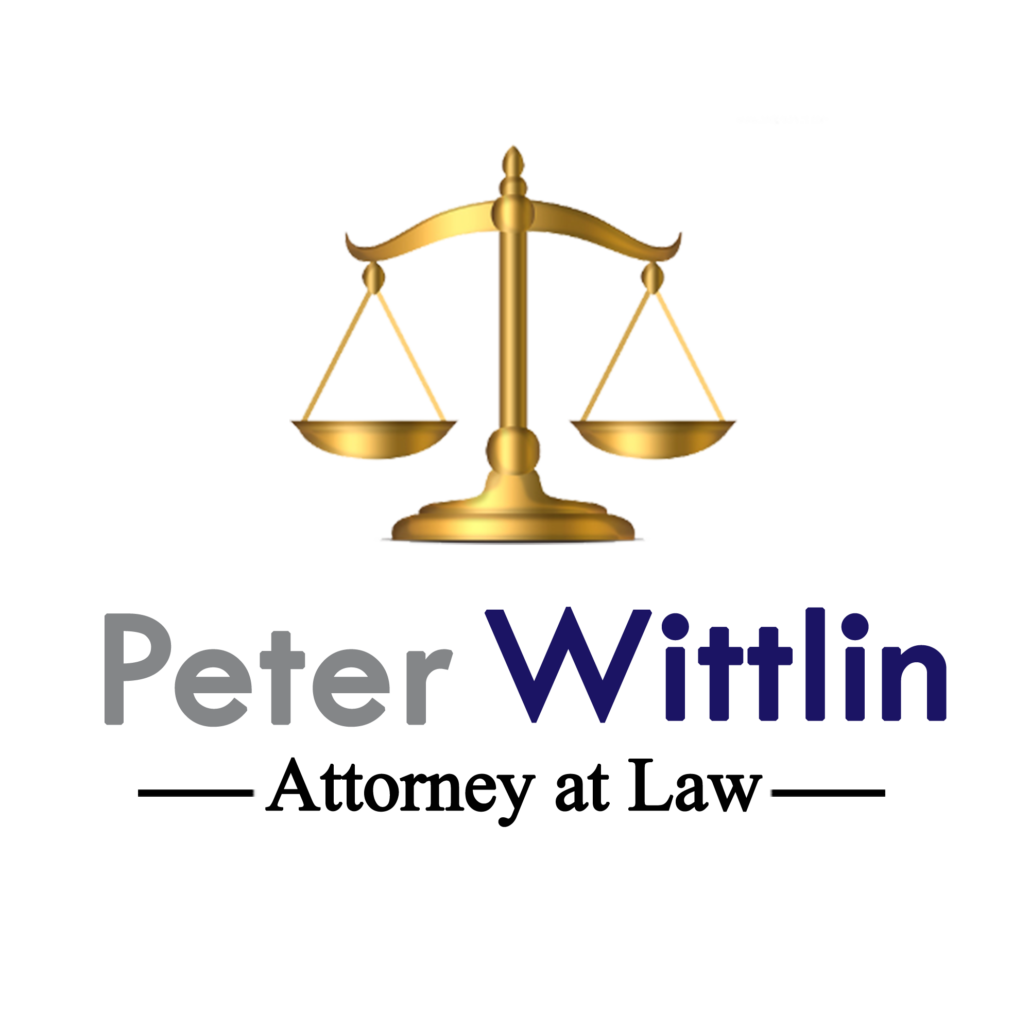Commercial Landlord Tenant Lawyer in Southern California
Intensive Review Of Entire Commercial Leases
For close to 37 years, Peter C. Wittlin has represented tenants, including a large number of small entrepreneurial entities, during their commercial lease negotiation. His clients in commercial lease negotiation have included startup businesses and businesses looking toward moving to a new location. The types of services he has provided have involved every aspect of these transactions, including:
- Installment purchases
- AITDS
- Discussing various commercial lease options
- Short sales
- Equity sharing agreements
- 1031 tax-deferred exchanges
Commercial leases proposed by landlords may contain anywhere from 30 to 50 pages of a large variety of terms and confusing terminology. Commercial lease negotiation, Tips for tenants, Commercial Real Estate, how to by a business, Negotiating a Commercial Real Estate Lease. These commercial leases can cover a range of issues, including:
- Tenant parking
- Common area maintenance charges
- Tenant expectations
- Improvement allowances
- Cost-of-living rent increases
Peter Wittlin is a commercial lease lawyer who has long reviewed commercial leases for a wide range of clients and understands what all of the convoluted language means. His goal in representing you during a commercial lease negotiation is to provide you with the sort of commercial lease that will meet all of your businesses present and future needs.
Are you seeking a lawyer experienced in commercial lease negotiation?
Schedule a consultation with Peter C. Wittlin Attorney at Law by contacting us at 949-430-6529 or fill out the form below.
Commercial Lease Negotiation – What You Should Know
Commercial lease negotiations can be daunting, filled with legal nuances and contractual complexities. It’s essential for both tenants and landlords to enter these negotiations prepared and accompanied by skilled legal counsel. With over three decades of experience in commercial real estate and lease negotiations, Peter Wittlin has been the go-to attorney in Southern California for resolving legal disputes and providing practical advice on title issues.
No two commercial lease agreements are alike; each comes with its unique terms and conditions. It’s crucial for even the most informed tenants to seek legal advice before agreeing to any terms, as overlooking this step could lead to costly consequences. Common issues in commercial lease agreements include:
The most common issues commercial tenants run into with their lease agreement tend to be in the following areas:
- Base rent
- Operating expenses
- Maintenance charges for common areas
- Leasehold improvement charges
- Calculated rent based on gross sale percentage
An experienced lawyer knows how imperative it is to read between the lines of any commercial lease agreement and how to identify and potentially problematic areas for the client. Furthermore, attorney Peter Wittlin also knows how to shop the market to identify what else is or is not included in other lease negotiations of a comparable value.
Over 37 Years of Commercial Lease Negotiation Experience
Understanding the nuances of each agreement is fundamental in commercial lease negotiations. Peter Wittlin combines his extensive legal knowledge with patience and determination to address every detail, ensuring his clients fully comprehend the complexities of their cases. His vast experience in business law in California has been instrumental in helping numerous tenants in Orange County, Riverside County, and Los Angeles County.
Helping Tenants Reduce Commercial Leasing Costs
The firm of Peter C. Wittlin Attorney at Law advises clients on landlord-tenant agreements to make certain every unnecessary expense is avoided. He will review the proposed lease, take into consideration the length of a lease (three-year versus five-year leasing period, etc.), check upon the tenant improvement allowance and common area maintenance charges (triple net factors — rent, insurance and property taxes), and make certain that basic rent, cost of living and annual increases are in line.
Peter Wittlin is an experienced commercial real estate lease negotiator and has negotiated commercial real estate lease agreements with some of the largest landlords and landlord representatives in Southern California. If compromises must be made in one area, he will negotiate for reductions in other areas. This can include negating of percentages of income rent being paid upon the lease or even obtaining free rent for the first three months of the leasing period.
Schedule a Consultation to Discuss Your Commercial Lease Contract
Contact Peter Wittlin by filling out the form below with a brief description of your legal issue, or simply call his law firm at (949) 430-6366 to schedule your initial consultation. His law firm is located at 8 Corporate Park Suite 300 in Irvine, California.
Free Commerical Lease Negotiation Resources:
- Protecting the broker’s commission against seller’s or buyer’s remorse
- Ask Pete: What are my legal rights if a seller does not pay commission?
- Tips for tenants when negotiating a commercial real estate lease
- Tips for landlords when negotiating a commercial real estate lease
- Legal tips for selling your business in California
- 4 things to consider when negotiating your commercial real estate lease
- Buying a business in California? Beware of the bulk sales transfer law

